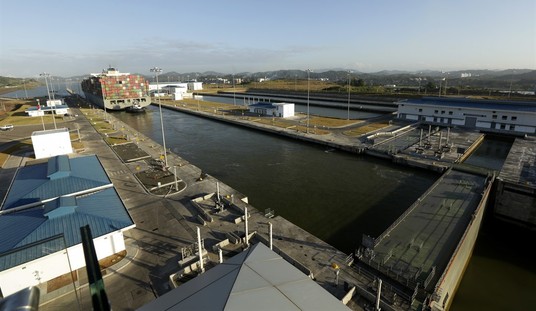Three female Kurdish activists were murdered in Paris last week.
The execution-style killings took place at a Kurdish information office on the quiet Rue Lafayette, near Paris’s Gare Du Nord. One of the three women, Sakine Cansiz, was a founder member of the PKK (Kurdish Workers Party) movement, and a close associate of its jailed leader Abdullah Ocalan. The other two, Fidan Dogan and Leyla Soylemez, were activists in civilian movements supportive of the PKK.
These killings have shocked the Kurdish political world. This is the first time that Kurdish political figures have been targeted in Europe since the murder of four Kurdish nationalist leaders in a restaurant in Berlin in 1992 by the Iranian Revolutionary Guards.
The tragic murder of the three women activists is also the latest explosive indication that things are on the move for the Kurds. Too quickly for some, it would appear.
The Kurds seemed once to have been passed by in the geopolitics of the Middle East. The state borders that divided them looked set in stone, presided over by brutal and rock-solid dictatorial regimes.
The edifice of these regimes is now in ruins. And as Arab dictators fall to Islamist insurgencies and popular unrest, so the ambitions and national aspirations of the Kurds are returning once more to relevance and to the realm of the achievable. This is leading to political action — and reaction.
The investigation into the killings has begun, and Kurdish and Turkish media outlets are speculating as to the possible identity of the perpetrators. Many in the Kurdish nationalist movement believe Turkish far-right paramilitaries, possibly in cooperation with elements in the Turkish state, are most likely to have been responsible. Turkish officials, meanwhile, are seeking to portray the killings as the result of an “internal feud” within the PKK itself.
A third possibility cited by some analysts: the killings were carried out by an outside power with a reason to prevent any progress toward peace between Turks and Kurds. Syria and Iran have been mentioned as possible culprits in this regard. Both countries would stand to benefit from stirring up the conflict between Turks and Kurds, and both countries have a track record of using murders of this type as a tool of policy.
With the investigations into these killings just beginning, only speculation is possible regarding the likely perpetrators. More concrete conclusions, however, are possible regarding the political environment in which these killings took place.
January 2013 saw the surprising announcement of talks between imprisoned PKK leader Abdullah Ocalan and a representative of the Turkish state — Hakan Fidan, head of the Turkish external intelligence service MIT. The talks came after a year of intensified PKK activity following the collapse of a ceasefire in 2011.
Ocalan and the Turkish representative, according to media reports, succeeded in reaching a series of understandings intended to launch a diplomatic process that would bring an end to the conflict between Turks and Kurds.
Whether or not these talks produce a resolution of the Turkish-Kurdish dispute, that they are happening at all is testimony to how much things have changed.
Turkey is currently deeply concerned by the emergence of an enclave in northeast Syria which is dominated by the PYD, the franchise of the PKK among the Syrian Kurds. The Turks are doing their utmost to enfeeble and impoverish this new Kurdish autonomous area. Evidence has emerged of Turkish support for Islamist elements among the Syrian rebels — including the al-Qaeda linked Jabhat al-Nusra group — who have clashed with PYD fighters on the edges of the Kurdish enclave.
In addition, Ankara has made use of its flourishing relationship with Massoud Barzani — head of the more established autonomous Kurdish area in northern Iraq — to secure the closing of the borders between this area and the newly established Syrian Kurdish autonomous zone.
Barzani needs Ankara’s support in his face-off with the government of Nouri al-Maliki in Baghdad. Against this background, he is evidently unable to refuse Ankara’s request regarding the border, though this means mid-winter hardship for Kurdish residents of northeast Syria.
So there are now Kurdish autonomous zones in both Syria and Iraq, stretching along a massive border with Turkey. The Syrian zone is controlled by elements close to the anti-Turkish insurgents of the PKK, and in the Iraqi zone, the PKK also operates from the border area with the tacit acceptance of Barzani.
Ankara has every incentive to try to neutralize the problem.
Diplomacy and political processes form part of its effort to do so. But since Ankara is unlikely to offer anything more substantial than an amnesty for PKK members in return for their disarmament, greater powers for local authorities, and a liberalization in policy toward education in the Kurdish language, Kurdish ambitions can probably not be contained within this framework.
Erdogan wants to commence a political process vis a vis the Kurds before the issue transcends boundaries which he can control. Ankara’s overtures are an indication of how far the Kurds have come, and how much the region is changing.
The murders in Paris may well also be a harbinger of things to come, as powerful regional forces move to disrupt and stall Kurdish gains by making use of familiar, brutal means.









Join the conversation as a VIP Member